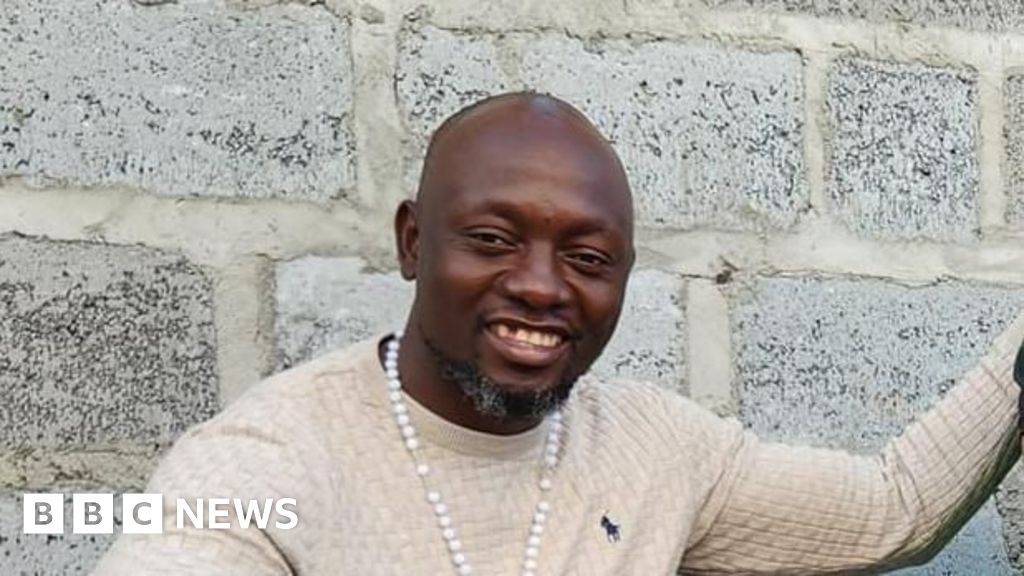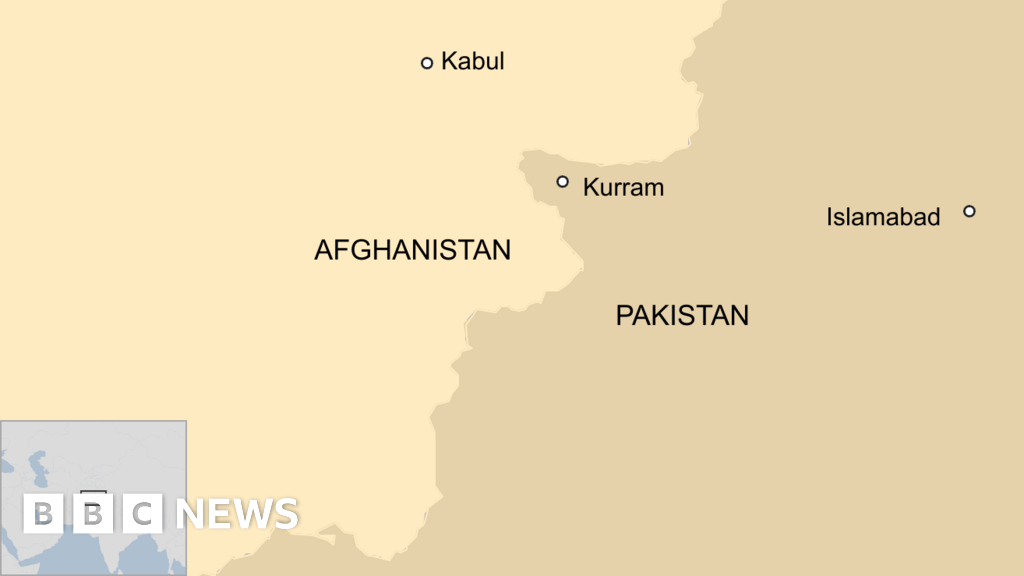NEW DELHI: Residents of
Brixham
, a town in UK's
Devon
, are grappling with a
gastrointestinal illness
that has affected numerous individuals. The BBC reported that as of Wednesday, medical professionals had confirmed 22 cases of cryptosporidiosis, while more than 100 people had sought medical attention for related symptoms over the past week.
Health authorities
are investigating a cryptosporidium outbreak in Devon.
Meanwhile, the UK Health and Security Agency (UKHSA) is working to identify the source of the outbreak.
What is cryptosporidium parasite?
Cryptosporidium, a tiny organism found in human and animal feces, can contaminate water sources, swimming pools, raw milk, and fresh produce. While anyone can become infected, there is no effective drug treatment for cryptosporidiosis, with prolonged diarrhoea being the primary symptom, BBC reported. According to Prof Paul Hunter, a microbiology and infectious disease specialist from the University of East Anglia, most people recover within a couple of weeks, but the illness can be fatal for those with severely compromised immune systems.
Small traces of parasite found in Brixham
In south Devon, "small traces" of the parasite were discovered in Brixham, and South West Water is investigating a nearby reservoir as a potential source of the outbreak. More than 20 cases of cryptosporidiosis have been confirmed so far, with up to 100 people reporting symptoms to their GP in the past week. The water company has issued an urgent boil water notice to approximately 40,000 residents following positive samples.
Prof Hunter notes that while drinking water is not the only cause of outbreaks, new laws have reduced the frequency of such incidents by requiring UK water companies to conduct more testing for cryptosporidium. Outbreaks can also occur in swimming pools, nurseries, and through the consumption of unpasteurised milk.
Advisory issued for residents
Residents in affected areas are advised to boil their water before using it for drinking, cooking, preparing food, or brushing teeth. Thorough handwashing with soap and warm water is recommended before handling food and after using the toilet or touching animals. Those with symptoms should wash their clothes on the hottest possible setting, avoid sharing towels, and refrain from swimming for at least two weeks after the diarrhoea has subsided.
The main symptoms of cryptosporidium include "profuse watery diarrhoea, stomach pains, nausea or vomiting, low-grade fever, loss of appetite which can lead to dehydration and weight loss." Dr Lincoln Sergeant, the director of public health for Torbay Council, emphasizes the importance of staying hydrated for those infected by the parasite. He said that while the illness is unpleasant, most people will recover without complications within a couple of weeks if they manage their symptoms well and remain hydrated.

 6 months ago
19
6 months ago
19








